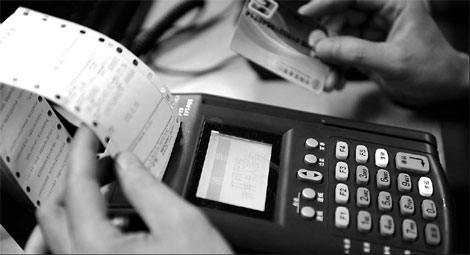THE SPANISH ECONOMY
Cereals: Grasses grown for the edible components of their grain.Mortgage: A loan to finance the purchase of private residential or commercial property.
Speculation: Investment in stocks, property or other assets in the hope of gain, but with the risk of loss.
Crop: A cultivated plant to be harvested as food, animal fodder, fuel or for any other economic purpose.
Agricultural landscape: A landscape that has been transformed by people to cultivate crops and/or rear livestock.
Cultural heritage: The things, places and practices that define who we are as individuals, as communities, as nations or cultures.
Domestic tourism: Tourism in which tourists do not leave their own country.
Large-scale tourism: Travel and accommodation offered to large groups at affordable prices by tour operators.
Tour operators: A company that combines tour and travel components to cater for large-scale tourism.
High-speed rail: A type of rail transport involving high-speed trains.
Peak season: the season when travel is most active and rates are highest.
Off-peak season: The season when travel is less active and rates are lower.
Recession: A business cycle contraction; a general slowdown in economic activity.


